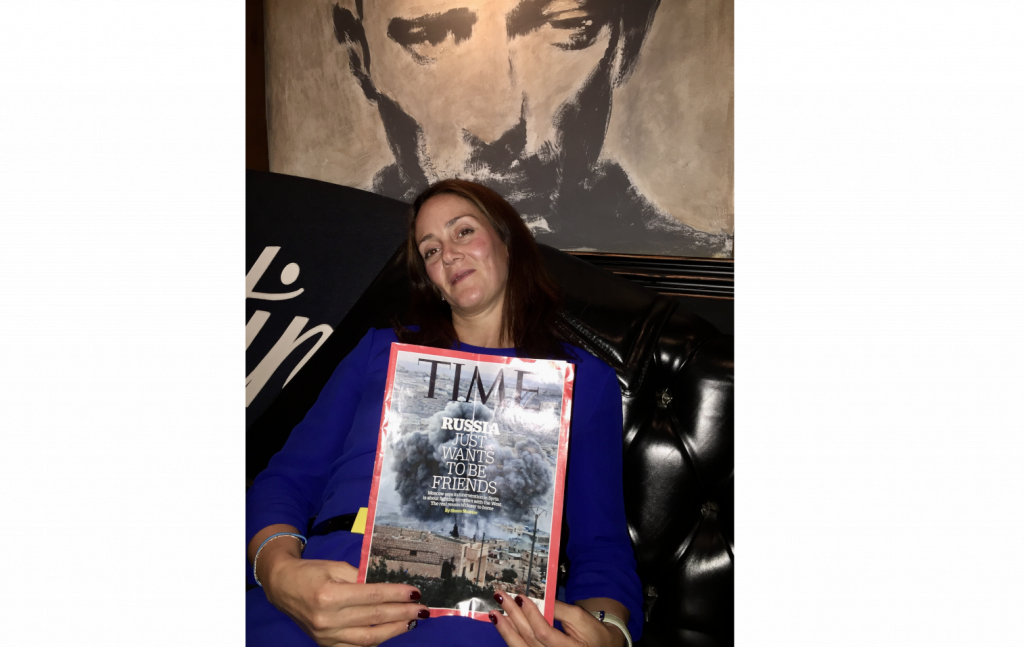
RUSSIA
I first came to Russia in the course of a business trip to Moscow in 1993. The Soviet Union was gone, the coup agianst Yeltsin had failed a couple of day s earlier, euphoria for capitalism was huge and the first Mc Donald’s had opened. Russians (and me) were queueing for hours to bite into a Big Mac. Fast Food, not really. In 2002 a crucial part of our honeymoon-around-the-world-trip took us in a Transmongolian railway car from Beijing via Ulan Batoor past the deep blue of Lake Baikal to Irkutsk. Irkutsk‘s central market was my paradise. An amazing array of fish, including Red Caviar from the Basikal sturgeon (my favorite!) came from Lake Baikal, the world’s deepest lake. The delicious Siberian red rasberries came from the taiga around the lake. In Listwjanka, a small village with ramshackle wooden houses right on the lake’s western shore, I also loved Omul, a fish eaten smoked. I needed to wash it down with a lot of Wodka.
From Irkutsk we hopped into the Transsiberian Railway towards Moscow. For nearly four days, until the train reached the foothills of the Urals and the European part of Russian began, the view from our train windows had just one perennial view: birches birches birches. Only Nowosibirsk, the capital of Siberia, offered a change. When crossing the bridge over the Ob river, we were quite surprised to see thousands oif bathers frolicking in the water and on its sandy beaches.
Finally we arrived in Moscow, for me one of the world’s greatest cities. Checking in, staying and dining at the Communist-era monolith of Hotel Rossiya felt like inhaling the atmosphere of a KGB office party. The hotel with its more than 3000 rooms was huge, as was the poster view out of our window: The Red Square and the turrets of the Kremlin were just a grasp away. I am not done with Russia yet. I still dream of a snowy winter tour to the cities of the Golden Ring, of a hiking tour in the Altai mountains and, first and foremost, of a helicopter foray into wild and remote Kamtschatka. I imagine it as a mix of Yellowstone, Rotorua and Patagonia, but even better. In 2016 I came back to Russia for a business trip to St. Petersburg and Yekaterinburg. Just a year after Russia had annexed Crimea. An increasing number of Westerners had increasing problems to understand why Putin was still enjoying so much support by his fellow Russians. In a great party night at Maximilian brewpub in Yeka two Russian partygoers were happy to tell me why. Just one night before, temperatures had fallen to minus 25 degrees Celsius, Father Frost, Russian winter, had arrived. The two ladies painted a vivid picture of the terrible chaos of the wild 90s from which Russia had then suffered and from which Putin had rescued it. In those bad days, they stressed, there were daily power cuts and lots of Mafia gunfights in Yekaterinburg.
Now, despite freezing outside temperatures, both ladies were dressed in tight Halloween costumes. There was reliable heating nowadays.
In the bookshop of my hotel I purchased a copy of the new Time Magazine. It titled: „Russia just wants to be friends“. It came different. Whatever happens, Russia is a country of great literature. Be it Pushkin or Tolstoi, Russian authors were often writing during periods of political and social upheaval, which allowed them to explore profound questions about human nature and society. That’s why I now can’t help thinking of the famous first line of Anna Karenina, the great story of a woman’s tragic self-destruction:
Happy families are all alike; every unhappy family is unhappy in its own way.
